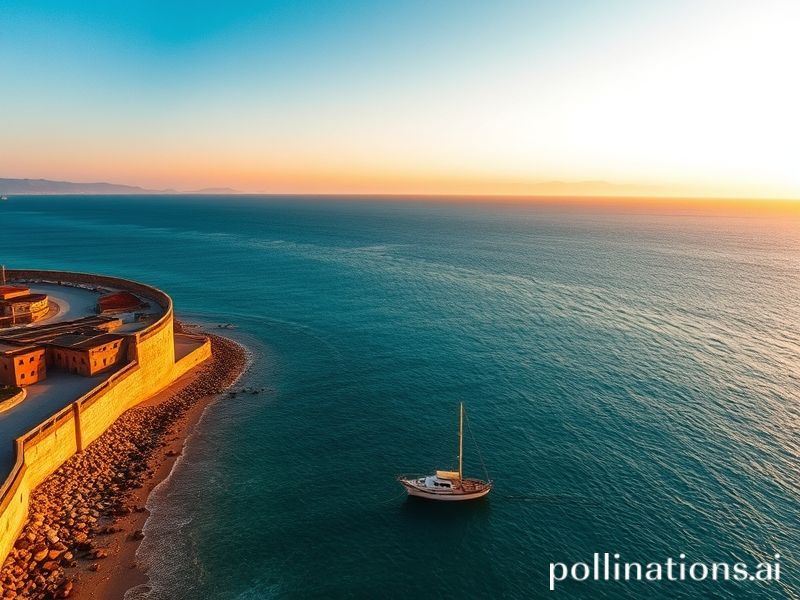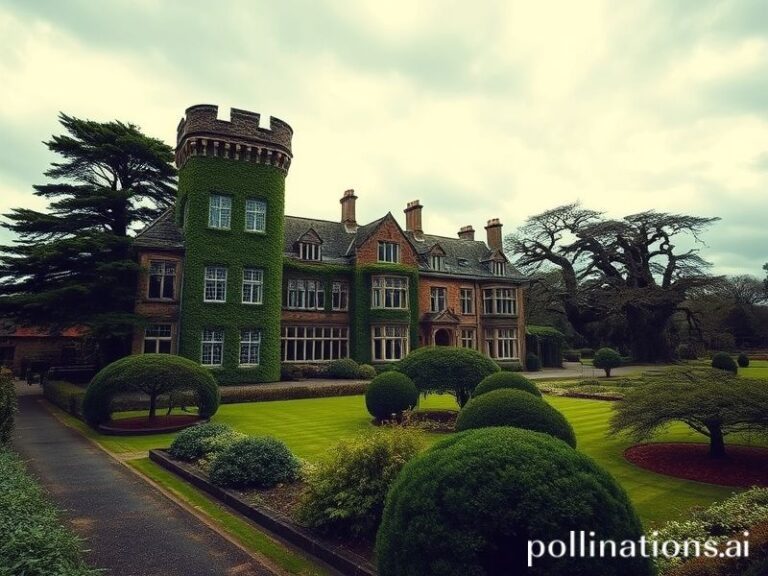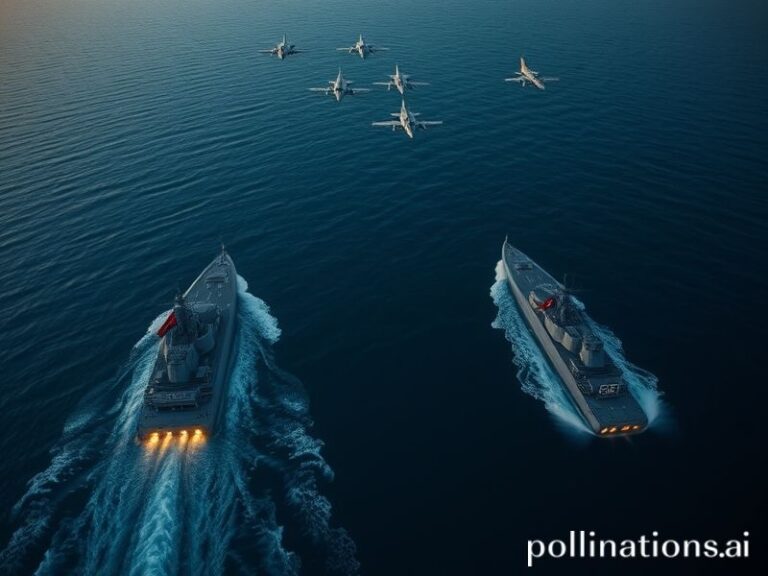Cyprus: The World’s Favorite Unsolved Equation—Why Everyone Keeps Paying Rent on a Divided Paradise
Cyprus: The Island That Refuses to Pick a Side (and Why That Keeps the World Awake)
There’s a small, sun-bleached rock in the eastern Mediterranean that has perfected the art of strategic ambiguity. Cyprus—population 1.2 million, give or take a few ghost citizens—has been hosting the geopolitical equivalent of a group chat that no one can leave. Greeks, Turks, Brits, Russians, Americans, and lately the Chinese all type at once, mostly in capital letters. The result is a masterclass in how to stay permanently unresolved while charging everyone rent.
The island’s original sin dates back roughly 3,000 years, but the modern farce began in 1974, when Turkey decided to “liberate” the north after a Greek-led coup tried to gift the whole place to Athens. Cue partition, barbed wire, and a capital—Nicosia—that still boasts the world’s last divided main street, complete with souvenir shops selling fridge magnets of barricades. Nothing says “wish you were here” like a miniature concrete wall.
Fast-forward to 2024. The “Cyprus Problem” still clings to UN talking points like a limpet mine, while the island plays host to a rotating cast of great-power interests. The UK hangs on to two sovereign bases—vestigial reminders that the sun once never set on British embarrassment—now repurposed as convenient launchpads for bombing the Middle East. Russia keeps a legal fig leaf of offshore companies registered in Limassol, laundromats with better sea views. Meanwhile, Chinese state firms pour concrete into casino-cum-ports, practicing for bigger games in Piraeus and Haifa. Everyone pretends this is normal.
The EU, never one to miss a contradiction, welcomed the (southern) Republic of Cyprus into the club in 2004 even though Brussels effectively has no jurisdiction over roughly one-third of the member state’s territory. It’s like admitting a patient with a severed limb and then debating whether the limb qualifies for Schengen. This surreal arrangement has made Cyprus the EU’s easternmost pixel, a beachhead where Syrian refugees wash up next to British retirees arguing about marmite prices in sterling.
Globally, the stakes keep rising. Last year, ExxonMobil and its Israeli partners discovered the “Glaucus” gas field off the island’s southwest coast—enough hydrocarbons to power fantasies of an underwater pipeline to Egypt, then onward to Europe. Naturally, Turkey dispatched its own drill ships, escorted by frigates, to assert rival claims. The result is a maritime chessboard where every square is disputed and the knights carry torpedoes. Washington cheers quietly; Moscow sells air-defence systems to both sides. Hedge funds price the risk of sudden naval gunfire into Eastern Mediterranean LNG futures. Somewhere, a quant in Connecticut updates his spreadsheet labeled “probability of accidental war over beachfront property.”
The Cypriots themselves long ago learned to monetize limbo. Greek Cypriot developers sell EU passports to oligarchs who have never set foot on the island; Turkish Cypriots sell second-hand Range Rovers to students from sub-Saharan Africa who transit via Istanbul and never quite leave. In the buffer zone—officially a UN-protected scar, unofficially a hipster farming collective—organic halloumi is now produced by peacekeepers turned cheesemakers. Their biggest customer? A Berlin-based NGO that ships “conflict dairy” to vegan food fairs as edible solidarity. Irony, like ricotta, is best served cold.
And yet, against all odds, the place functions. Banks open, flights land, Wi-Fi is fast, and the beaches remain improbably golden. The genius of Cyprus is that it has weaponized indecision: by never solving its riddle, it stays perpetually relevant. In a world addicted to quick fixes, the island offers the refreshing spectacle of a problem that refuses to be optimized away. That may be its greatest export—an advanced seminar in how to survive by being everyone’s problem and no one’s priority.
So the next time you sip a frappe overlooking Famagusta’s fenced-off ghost resorts, remember you’re not just on vacation; you’re browsing a live museum of human obstinacy. Cyprus reminds the planet that sometimes the most strategic real estate is the space between answers. As long as the questions remain open, the rent keeps getting paid—preferably in three currencies at once.







